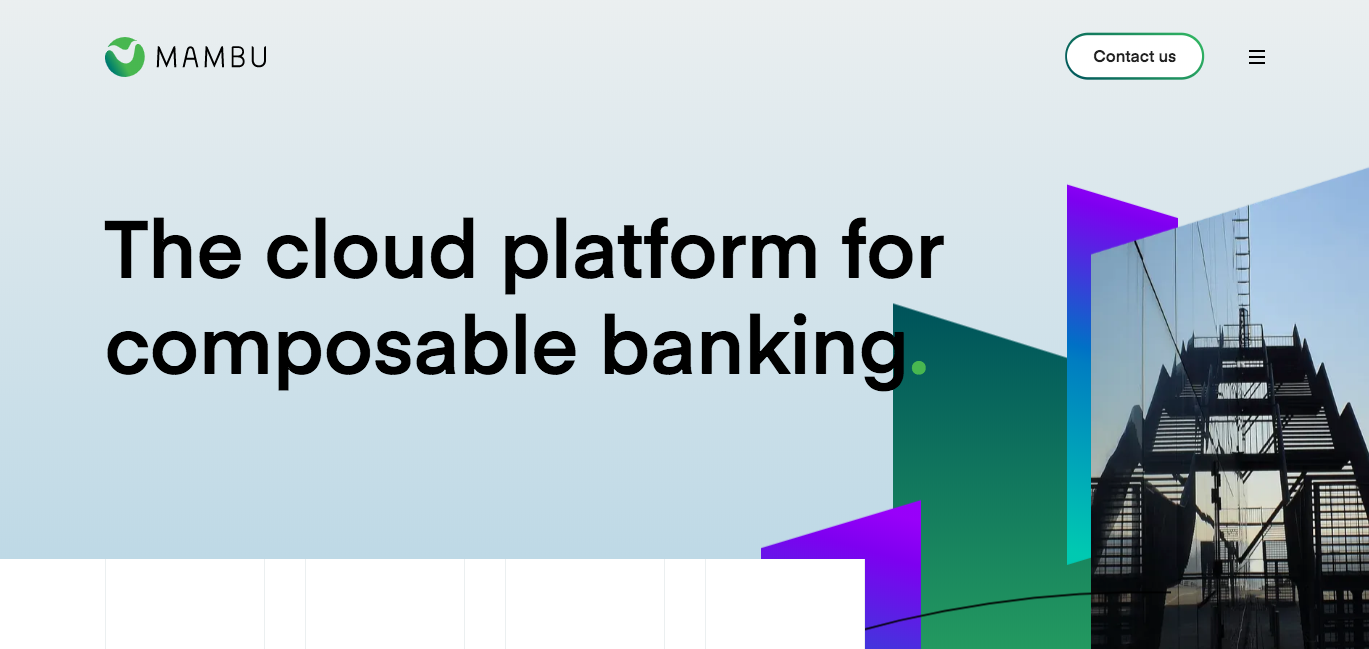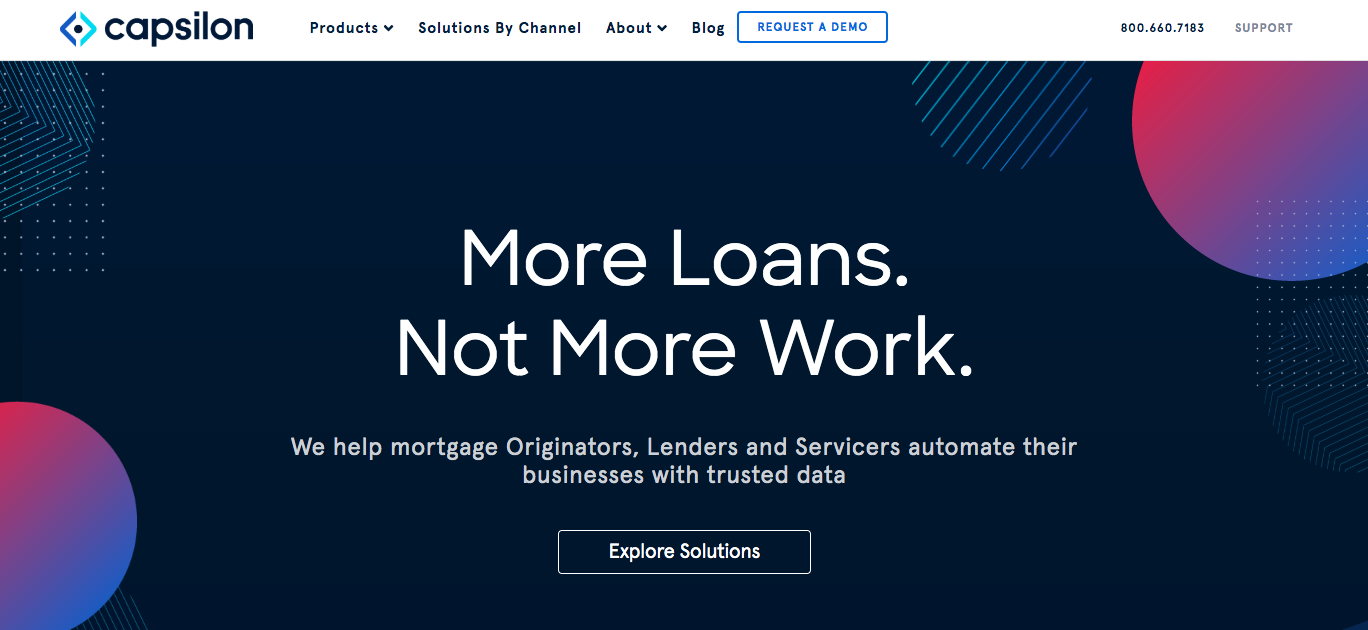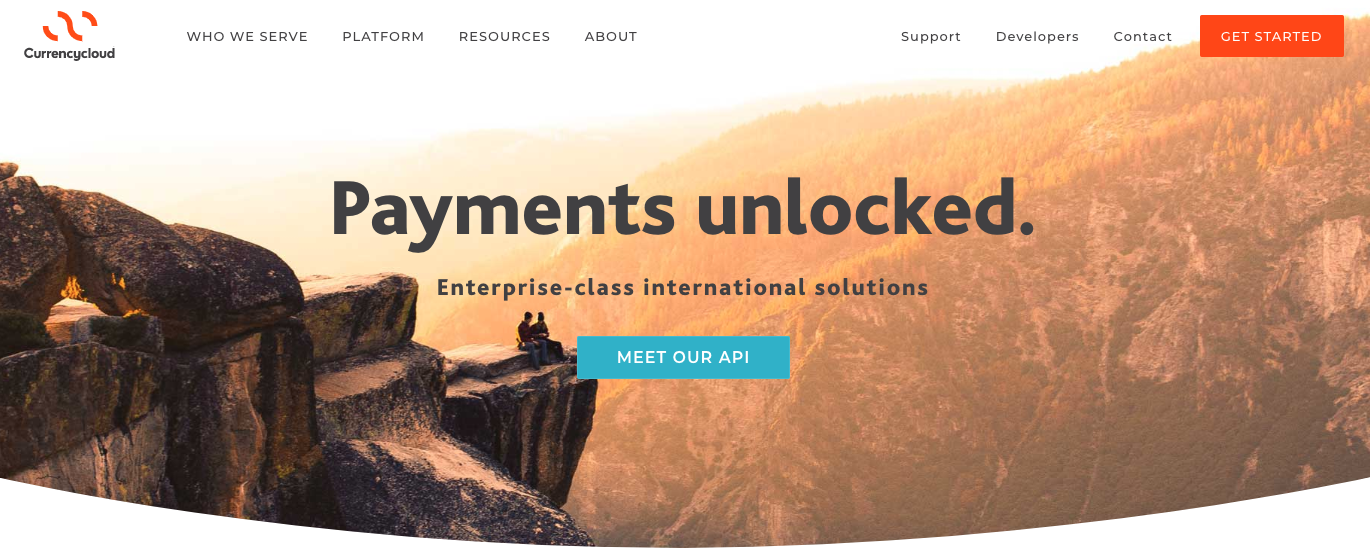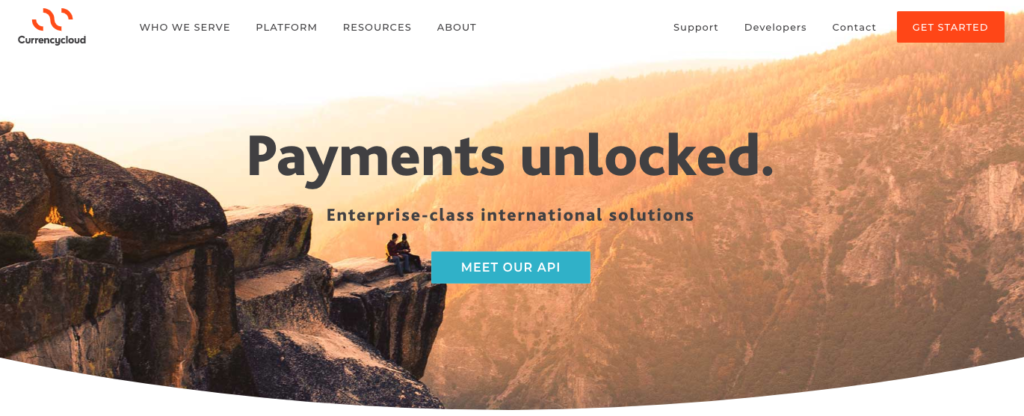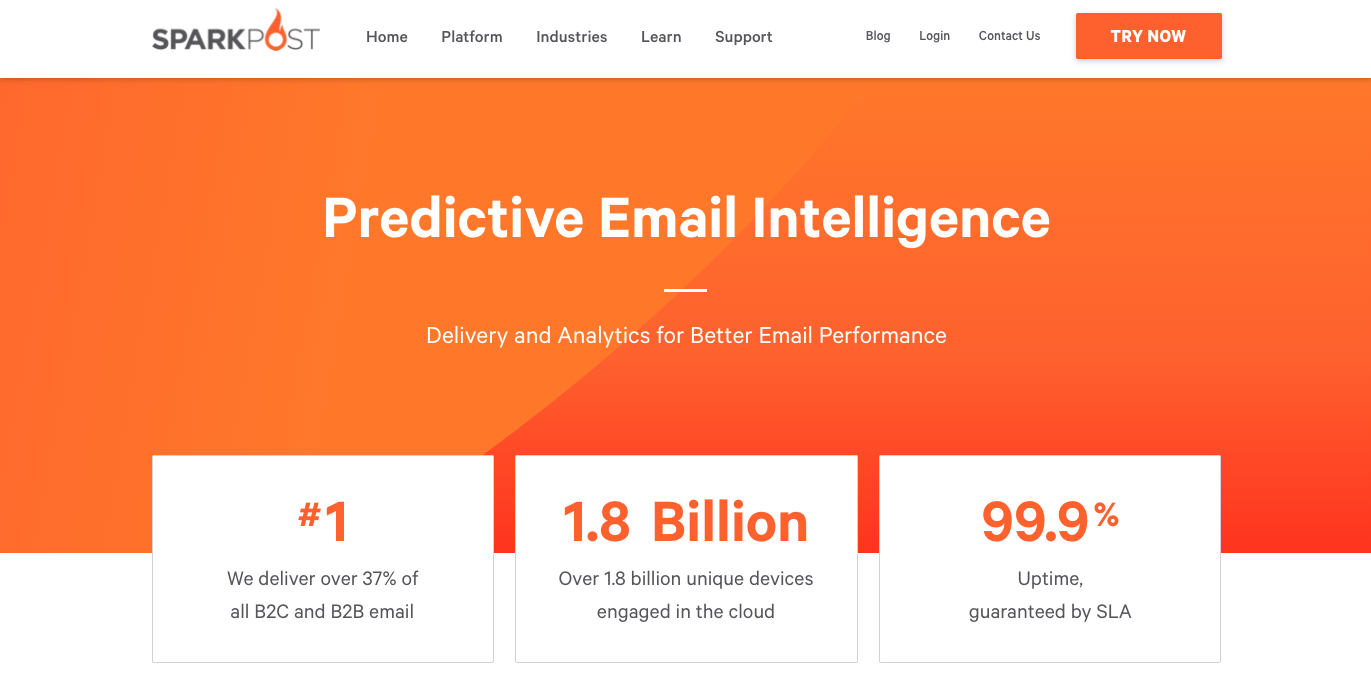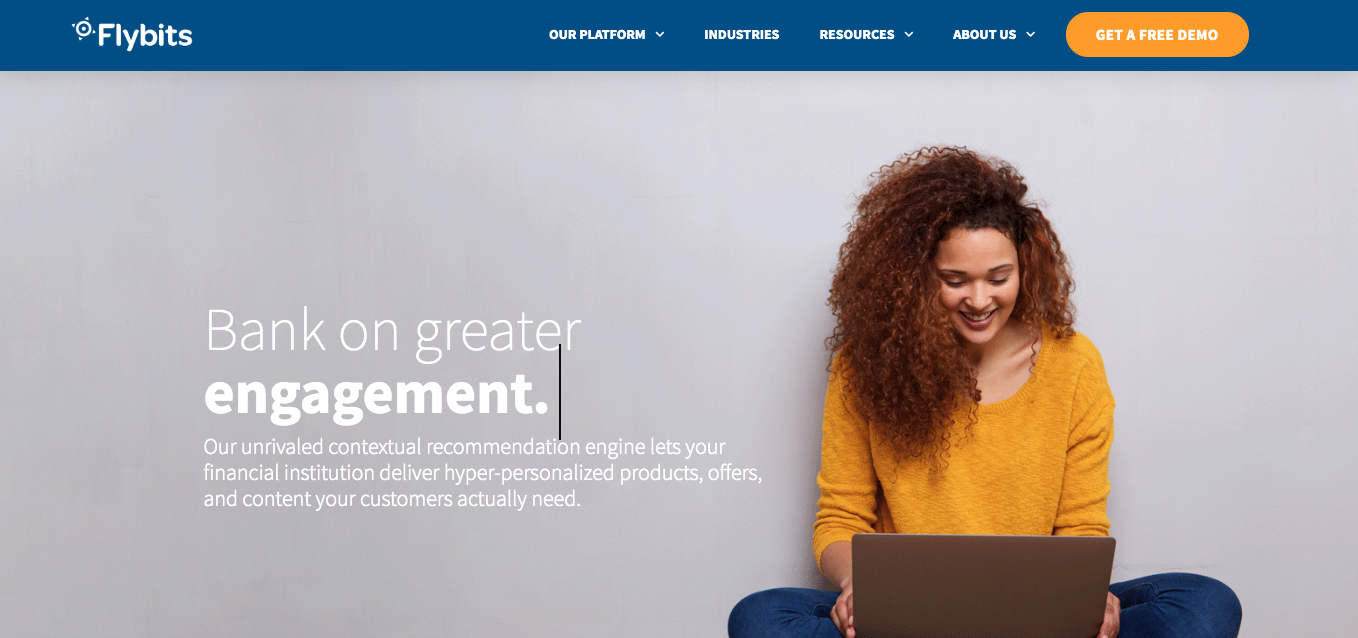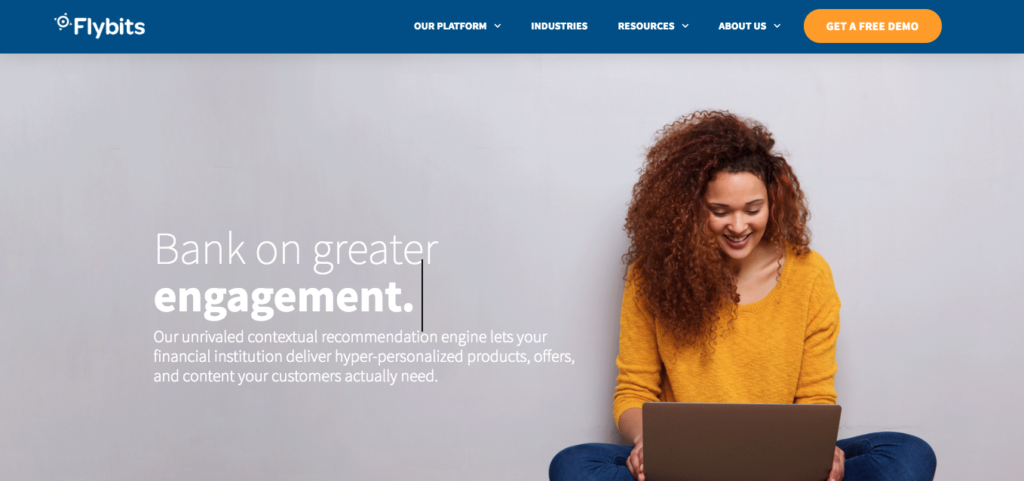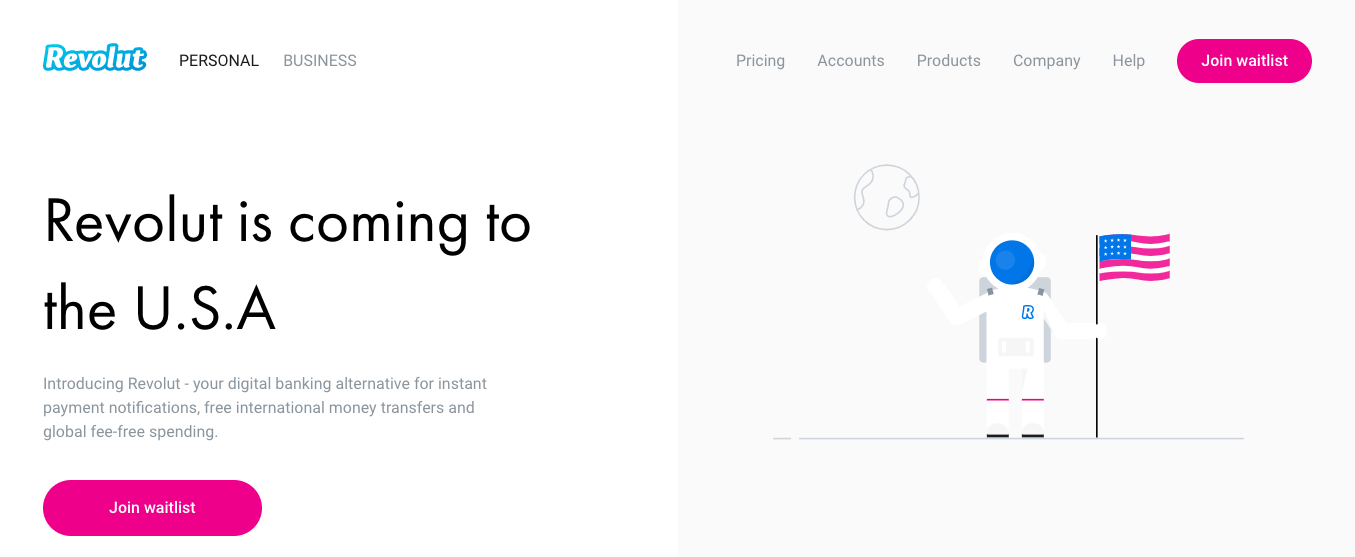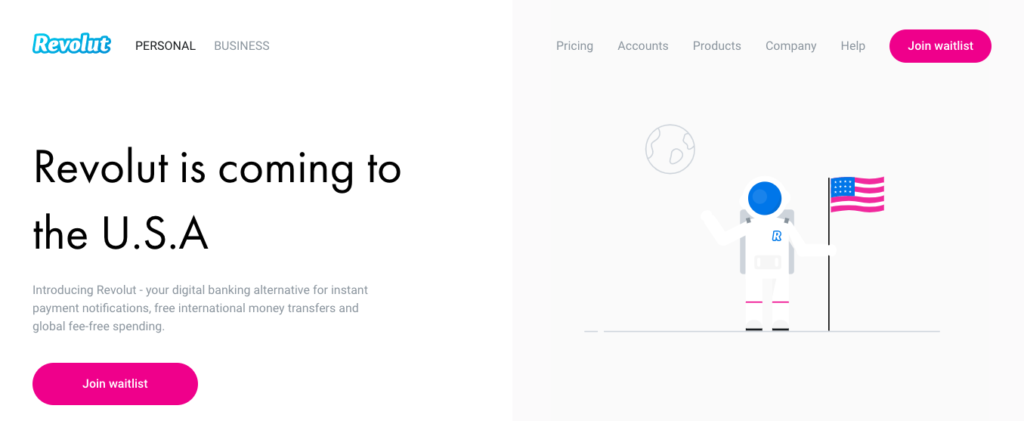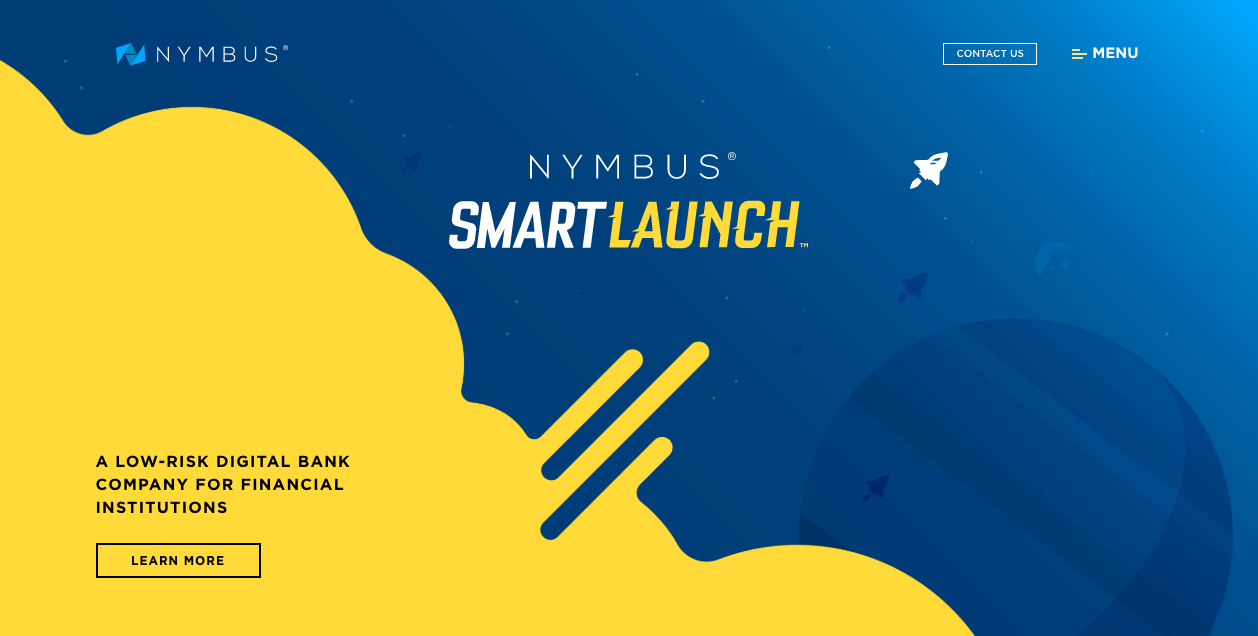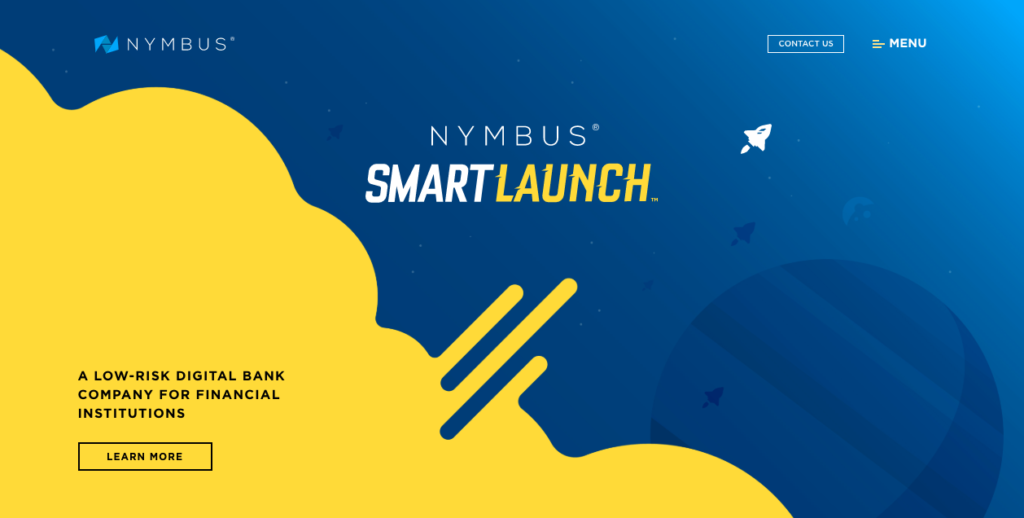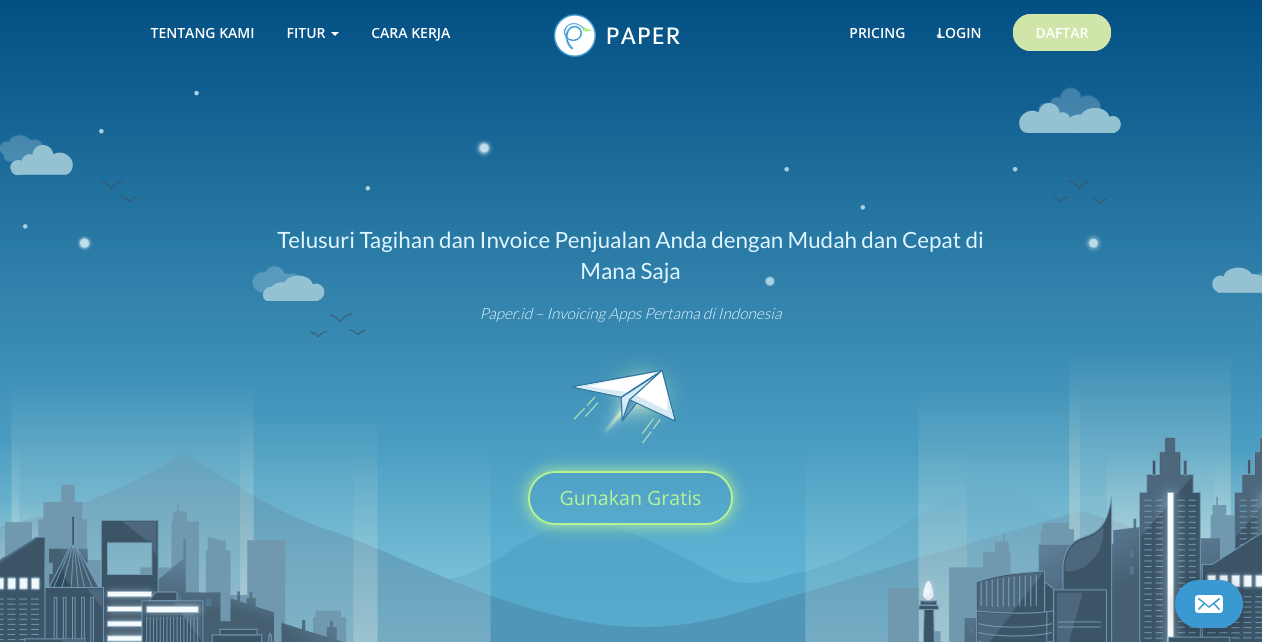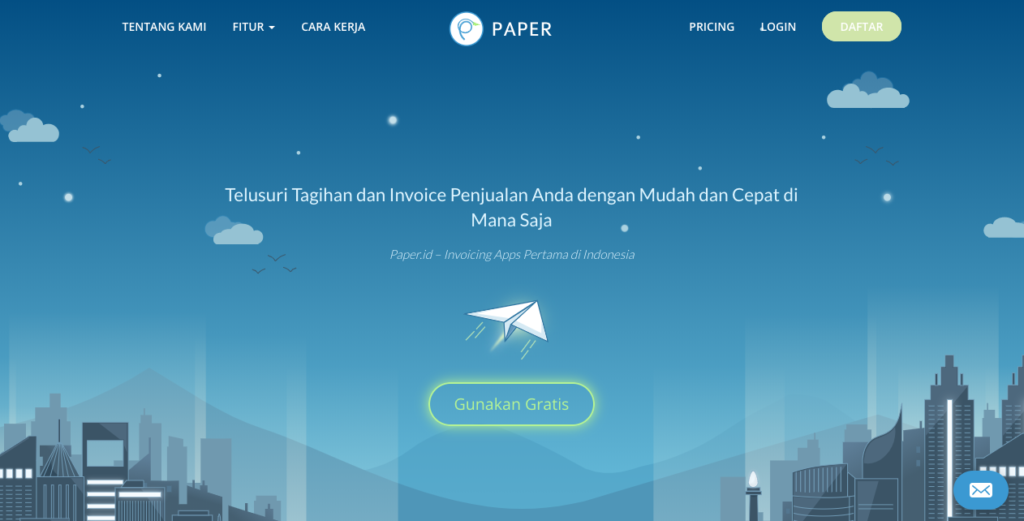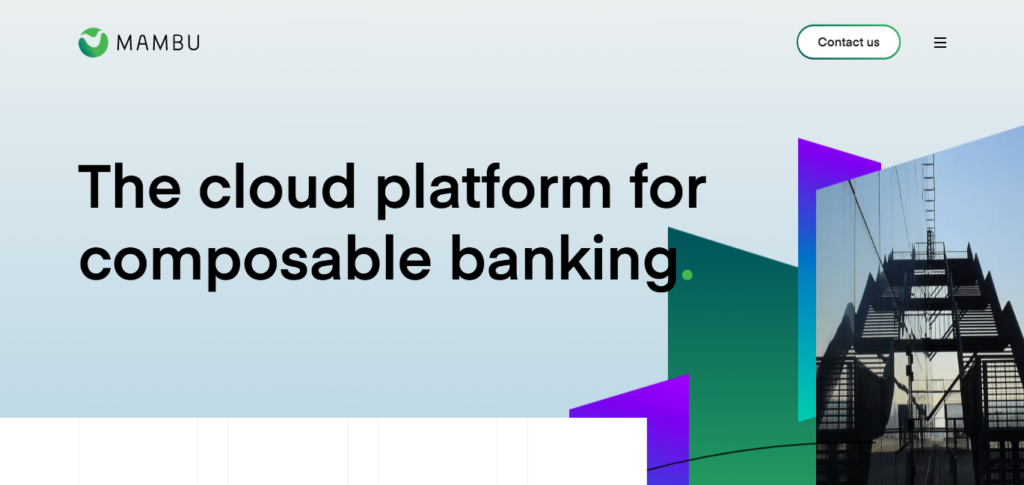
UK-based SME challenger bank Recognise has selected Mambu and its cloud-based Core banking platform, reports Alex Hamilton of Fintech Futures, Finovate’s sister publication.
Recognise, which is still in the process of obtaining a banking license, originally planned to launch trading under restriction in mid-2019, and is aiming for a 2020 full launch. It was founded by Jason Oakley, former managing director of Metro Bank’s commercial and mortgage lending business.
The challenger will be implementing Mambu’s platform on the cloud, and will be pairing it with nCino’s Bank Operating System, which Recognise opted for earlier this month.
“We know that speed and flexibility is critical for SMEs and the current SME banking providers are no longer fit for purpose,” said Oakley. “This is why we have decided to select a cloud-based solution that is modern and open early on our journey.”
Recognise isn’t the first time the two vendors have collaborated. In September start-up B-North selected both companies to aid in the building out of its banking services. Like Recognie, B-North is also awaiting a licence.
Monica Velaquez, CTO of Recognise, said, “We are really excited to work with Mambu and explore the ways in which we can enhance the overall customer experience through a composable architecture. With Mambu we will be able to apply innovation initiatives to build the new foundations of SME banking through the Mambu Core and Mambu Process Orchestrator.”
Ben Goldin, CTO of Mambu, added, “It’s been a great opportunity for us to work with Recognise and once again prove the value and power of our composable banking approach. We are enabling Recognise to provide remarkable customer experience to their end-client by combining Mambu with other best-for-purpose partners like nCino and bring the composable architecture to life using Mambu Process Orchestrator.”
In its eight-year history, Mambu has garnered almost $47 million in funding (€42 million) from investors including Bessemer Venture Partners, Acton Capital Partners, and CommerzVentures.
The Berlin-based company, which made its Finovate debut at FinovateAsia 2013 in Singapore, has recently formed a host of new partnerships, including Swiss online lender bob Finance, U.K.-based neobank B-North, and software development provider ABC TECH Group.
